Bloomington city council OKs convention center interlocal accord, but not unanimously


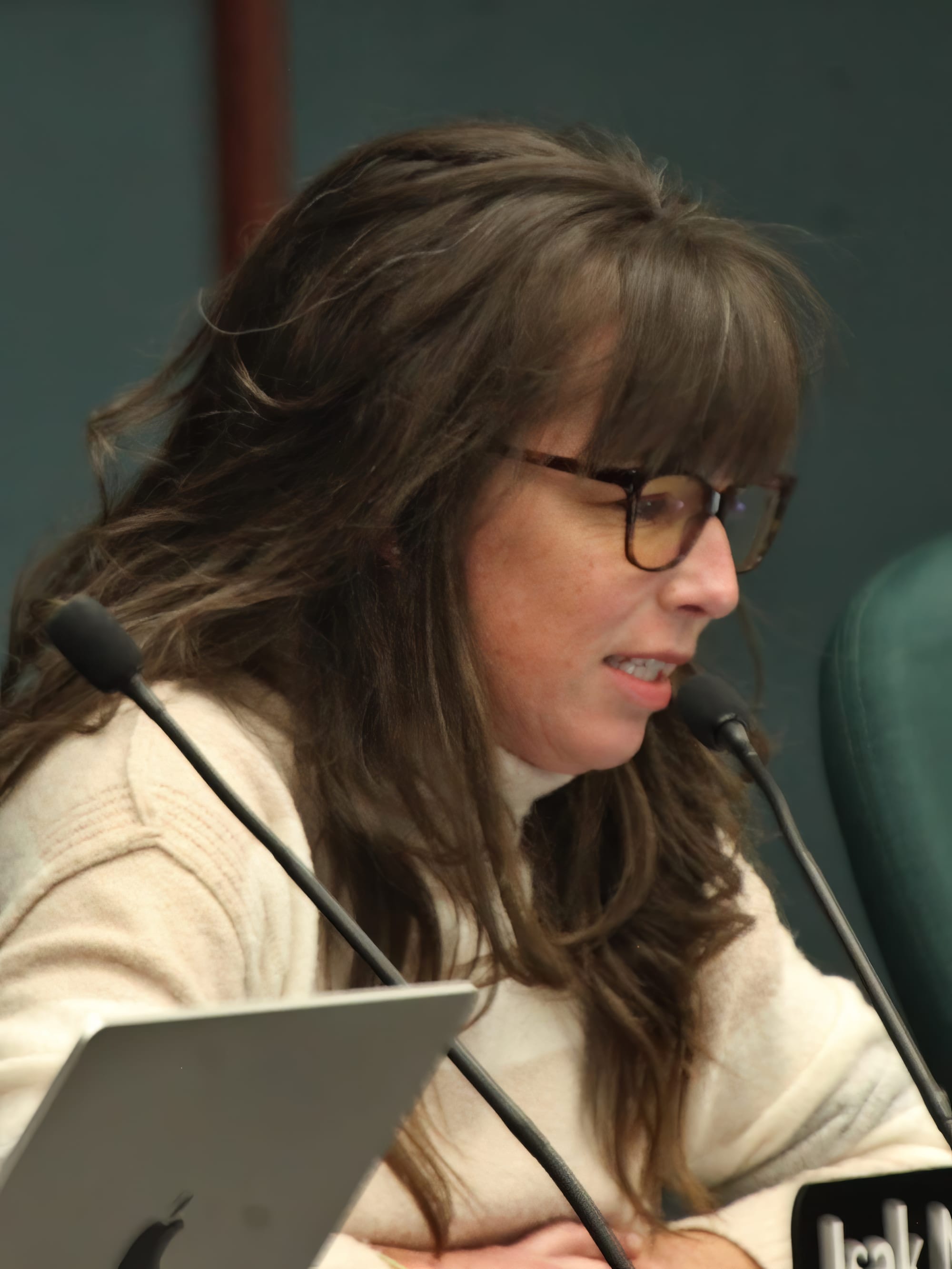
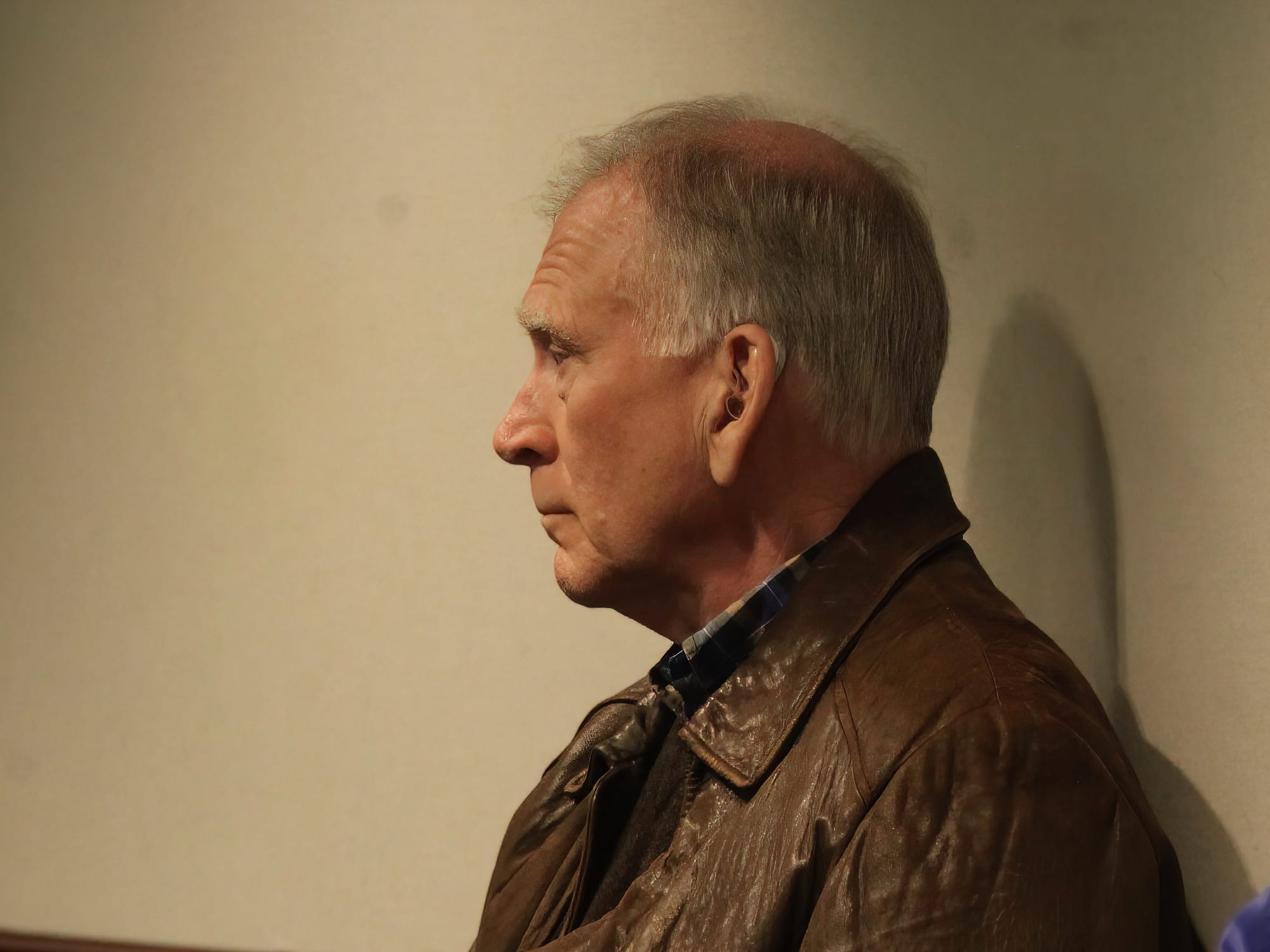
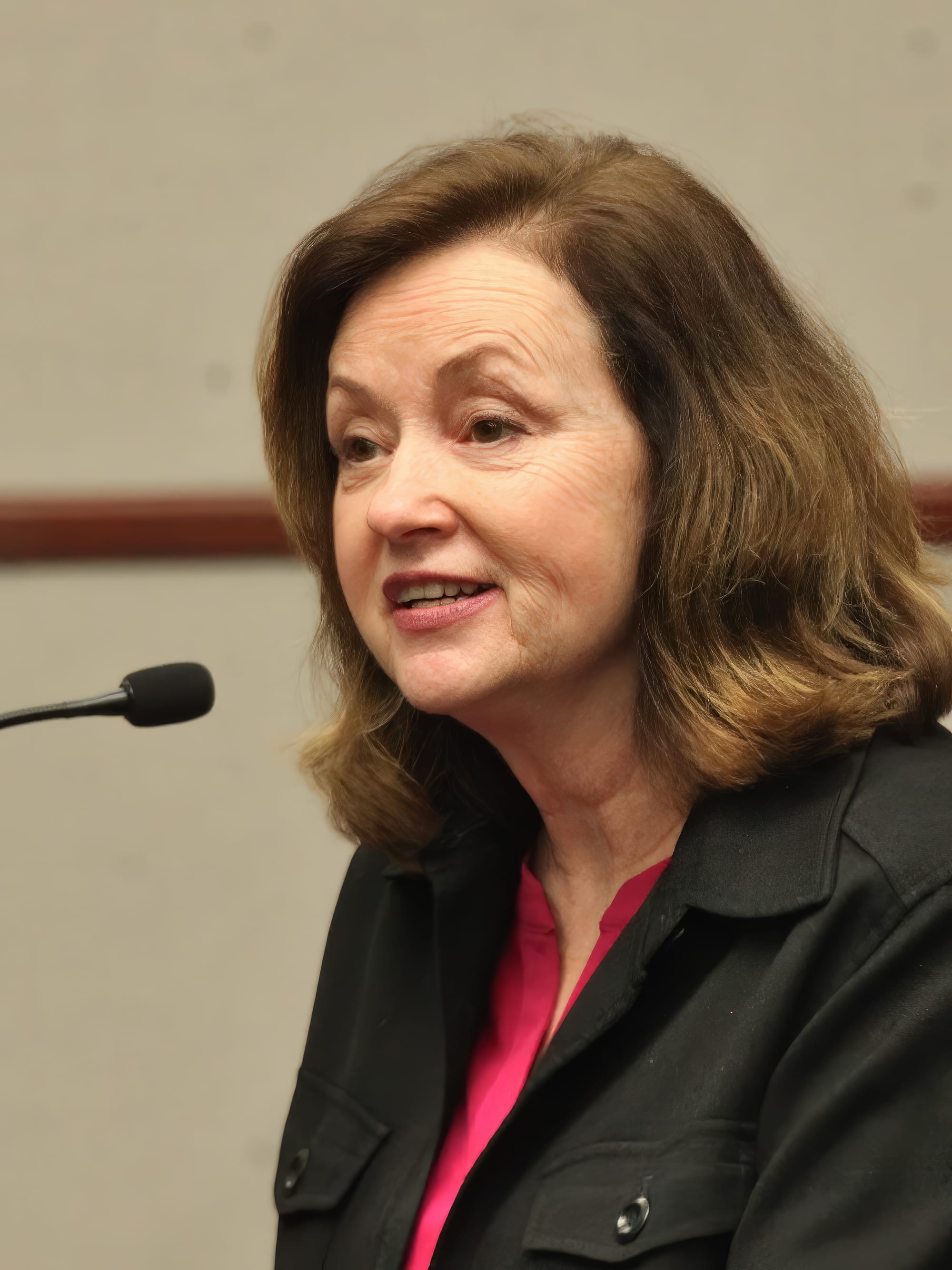
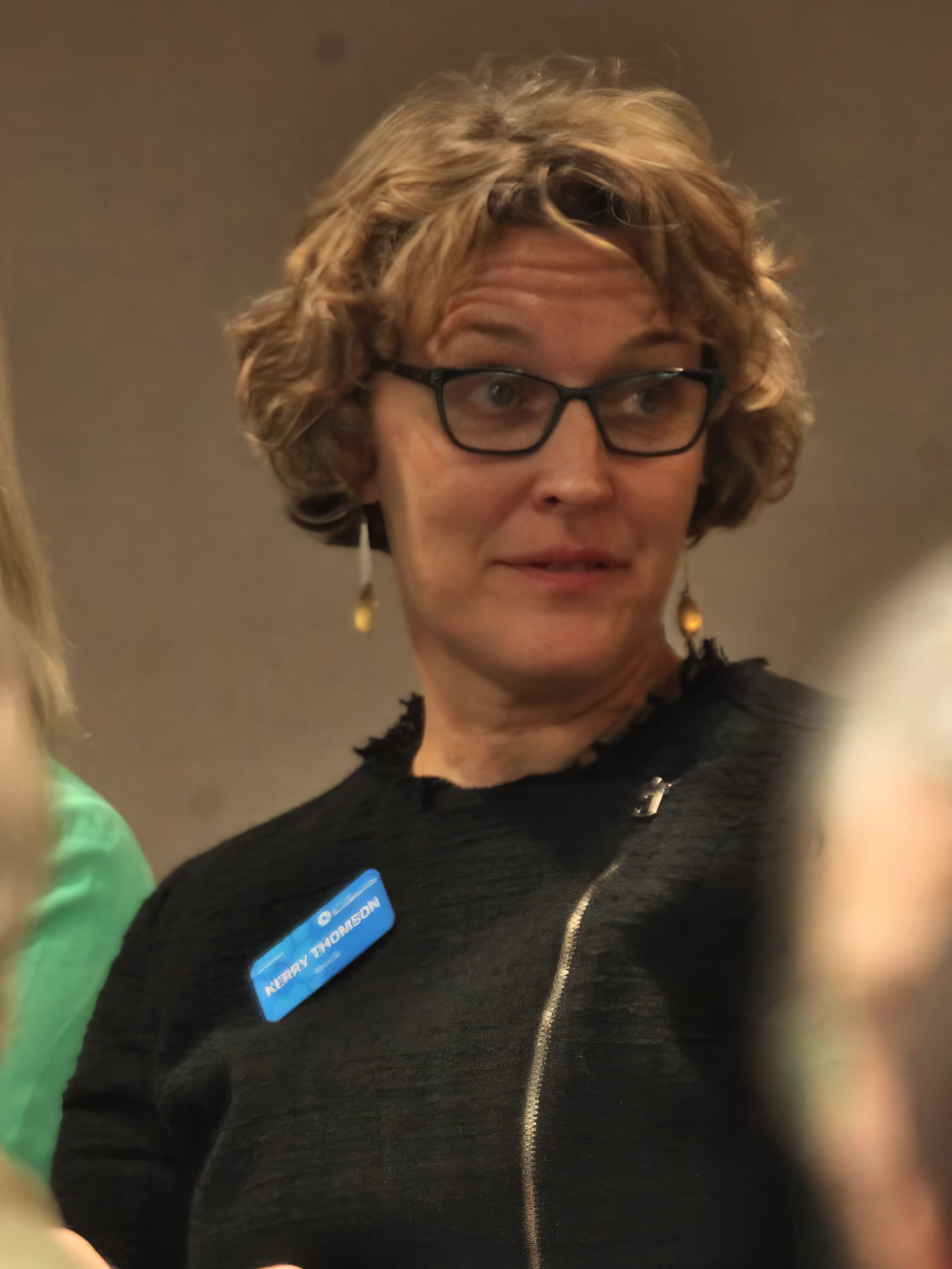

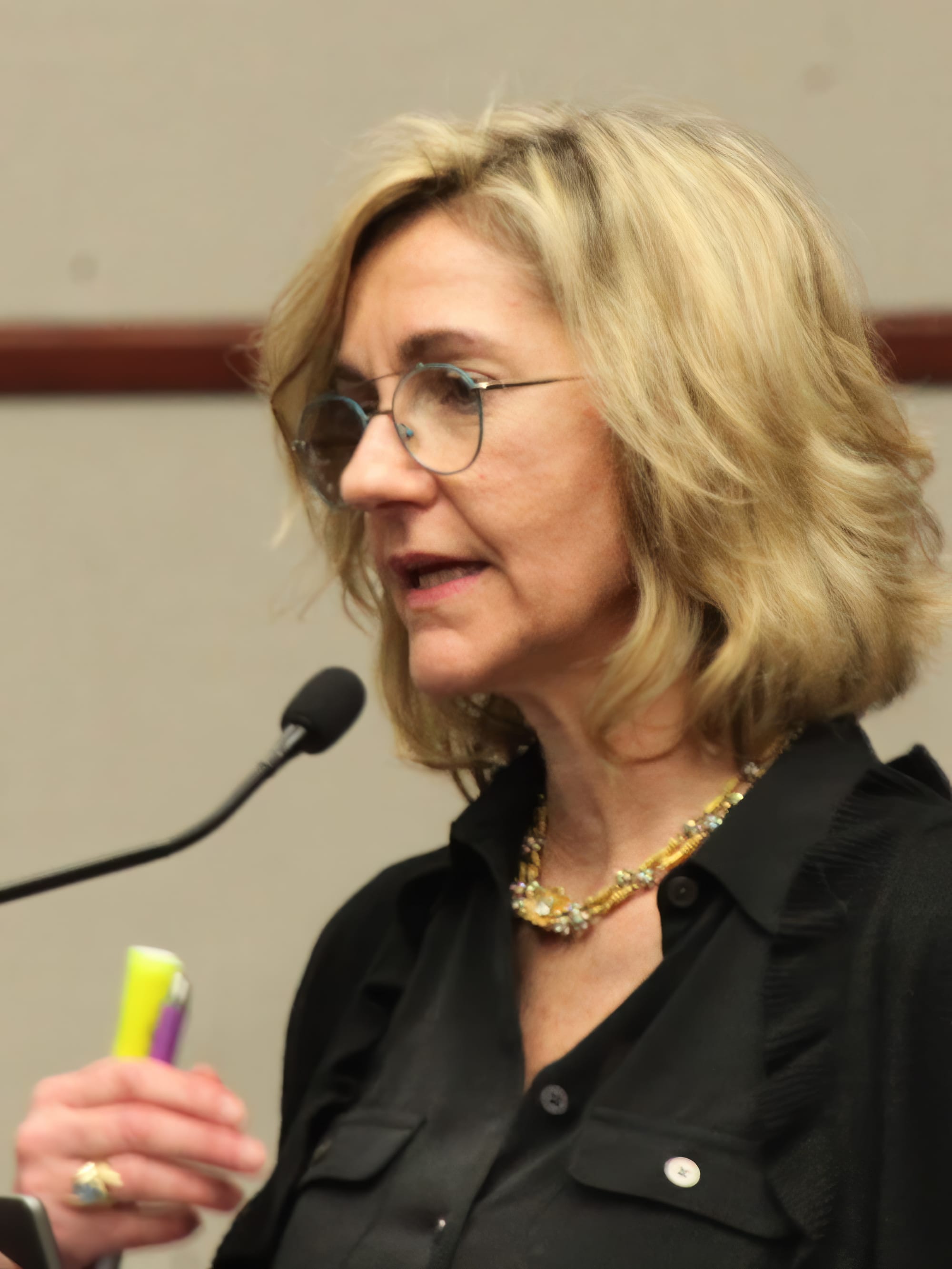
The governance structure for the expansion of the Monroe Convention center, which currently stands at 3rd Street and College Avenue, is now settled.
On Wednesday night, Bloomington’s city council approved its side of a four-way interlocal agreement about the way the Monroe County capital improvement board (CIB) will interact with other local units, to handle the convention center expansion project.
The vote on the nine-member city council was 7–1. Dissenting was Kate Rosenbarger.
The tally does not add to 9, because the District 5 seat is currently vacant, pending the selection of a replacement at Saturday’s (March 2) vacancy caucus to be held by the Democratic Party.
Bloomington mayor Kerry Thomson attended Wednesday’s meeting, but did not address the council. After the council’s vote, Thomson responded to a B Square question by saying she would be signing the agreement as soon as it is presented to her.
The city council’s approval came after the Monroe County commissioners approved the agreement last week, and the county council adopted it the week before.
It was the second time around for the city council to approve a similar agreement. Last year, the city council and then-mayor John Hamilton signed off on a different version of the agreement. But the county’s side balked at the way the county council was required, under that version of the document, to select from nominations made by the city council, to decide the county council’s appointments to the convention and visitors commission (CVC).
Bloomington’s corporation counsel, Margie Rice, told the council: “We feel like this is a fair interlocal. I would encourage you to approve it.”
When the council voted last year to approve the agreement, Rosenbarger was absent.
Rosenbarger’s dissent at Wednesday’s meeting was not based on a dispute with the terms of the agreement, but rather about the expansion project itself.
Before casting her vote against the agreement on Wednesday, Rosenbarger cited the results of the last city’s four community surveys, which have been done every two years (2017, 2019, 2021, and 2023 ) using a statistically representative sample of residents. That survey shows that somewhere between 16 percent and 20 percent of Bloomington residents think the convention center expansion project is “essential or very important” to address, Rosenbarger said.
That stacks up against two-thirds of residents who think city-wide high speed fiber for internet access is essential or very important, and about two-thirds who think that development of the Hopewell neighborhood is essential or very important. Hopewell is the site of the former IU Health hospital at 2nd and Rogers streets.
Rosenbarger pointed to the wording of the state statute on the county’s food and beverage tax, which was enacted in 2017 by the Monroe County council, to support the expansion of the convention center. The state law says the city’s share of the tax has to be spent on “a convention center, a conference center, or related tourism or economic development projects.”
Rosenbarger said about that clause, “That line starts out pretty specific about what you can do with a convention center, but then kind of blows up to anything tourism related or economic development projects.”
Some identical wording in the statute, about the county’s use of the food and beverage funds, is being used by Monroe County government to pursue projects that are not directly the convention center.
Rosenbarger pointed to the Monon South Trail as the kind of project that could possibly be funded to promote tourism, instead of constructing a convention center.
Indicating agreement with many of the points that Rosenbarger had raised was Hopi Stosberg, who said she would still be supporting the interlocal agreement. As a councilmember who had just been sworn in at the start of the year, she said, “I’ve only been sitting here for about six weeks. So I’m new to this whole proposal, which has been ongoing for a number of years.”
But Stosberg noted the number of years the project has been in the works and added: “There are deadlines having to do with when this money has to be spent.”
The deadlines to which Stosberg referred were added by the state legislature last year: “If no funds have been expended from the city food and beverage tax receipts fund in accordance with the written plan required by subsection (b) before July 1, 2025, then section 15.5 of this chapter applies.”
Section 15.5 voids the ordinance that imposed Monroe County’s 1-percent food and beverage tax.
The city of Bloomington’s 2023 year-end fund balance for the food and beverage tax was around $17 million.
Councilmember Matt Flaherty, echoed Rosenbarger’s point about the community survey results, saying that the survey results are a valuable tool, especially given that respondents are a statistically valid sample of Bloomington residents. The results of the survey are “better than the election itself in terms of actual representation.” He added, “It’s the whole community, not just who showed up to vote or, who showed up to a council meeting.”
Flaherty pointed to “one of the candidates” in the upcoming vacancy caucus for the District 5 seat who repeatedly cited the survey results in various contexts at a forum the previous Saturday. That candidate was Jason Moore.
Flaherty, as well as council president Isabel Piedmont-Smith, shared the sentiment that the downtown land that had been acquired for the convention center would be more than what’s required for the convention center expansion project, and that the remaining land should be considered as the location for housing.
At Wednesday’s Piedmont-Smith noted her long-held concerns about the project, which had been reflected in her abstention in the council’s vote on a 2017 resolution urging the county council to engage the food and beverage tax, in order to pay for the convention center expansion.
Councilmember Dave Rollo picked up on the mention, by representatives of the Greater Bloomington Chamber of Commerce, of the convention center as a “civic center.”
Rollo said that the idea of the convention center as a civic center had been “integral in our decision to support the food and beverage tax and the project at large.” The public civic component to the project would be a benefit to the community and downtown, Rollo said.
Speaking in support of the interlocal agreement on behalf of the Greater Bloomington Chamber were advocacy director Christopher Emge and CEO Eric Spoonmore. Speaking in support from the Bloomington Economic Development Corporation was BEDC president Jen Pearl. Speaking in support from Visit Bloomington was executive director Mike McAfee. Also speaking in support was Talisha Coppock, who is executive director at Downtown Bloomington, Inc.









Comments ()